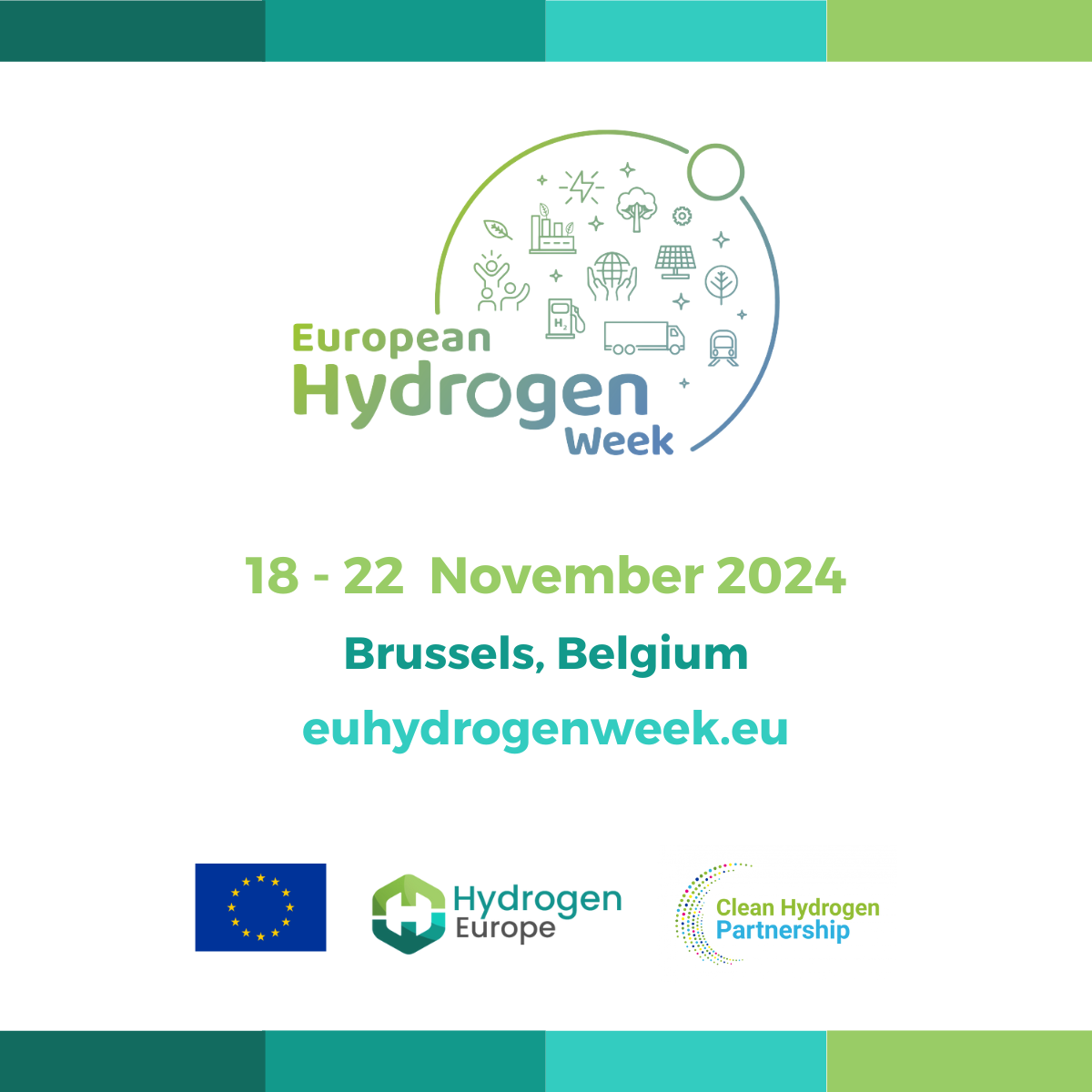Green Bonds for Clean Hydrogen Development

Description:
A webinar on 21 March that aimed to shed light on the capacity of the Capital Market Union, with the goal of making financing more accessible to European companies leading the energy transition. Moreover, It also explored the potential for labeled green bonds to be a powerful tool in redirecting capital towards clean hydrogen projects. The conversation was led by representatives of key institutions, equity investors, leading issuers of green bonds in the clean hydrogen sector, and sustainable debt market representatives, all gathered to discuss the shaping of Europe's green finance strategy.
Context:
The growth of clean hydrogen projects is advancing rapidly, yet only 4% of the total potential output has progressed to the stage of securing a final investment decision. In order to achieve the European Union's ambitious goals, USD 1.2[1] to 2.6[2] trillion investment in the global clean hydrogen economy will be needed by 2050.
To fully unlock the sector's potential, public support and the timely implementation of innovative funding instruments are imperative to mitigate risk and attract the entire private finance value chain. Concurrently, the EU budget allocated for supporting the climate transition will not be sufficient to meet investment needs.
On 20 December 2023 the EU Green Bond Regulation entered into force, setting out requirements for issuers of environmentally sustainable bonds to label them as ‘European Green Bonds’ or ‘EuGB’, in order to foster consistency and comparability in the market. This will require corporate and sovereign issuers to demonstrate that they are funding legitimate green projects mostly aligned with the EU taxonomy.
For clean hydrogen projects, this new framework has the capacity to unlock access to significant long-term capital. EU Member States will have the opportunity to leverage the attractivity of European Green Bonds to raise the necessary funding to implement their national hydrogen strategies. Additionally, due to their low-risk nature and extended maturities, EuGBs can help institutional investors such as pension, sovereign wealth funds and asset managers to seize opportunities in the clean hydrogen sector and bridge the financing gap. Lastly, the EuGB standards could further push the issuance of green bonds by companies developing clean hydrogen projects, building on the existing active demand from energy utilities.
The question arises: how could green bonds be a game-changer for access to finance in clean hydrogen? Is the EuGB framework aligned with the expectations of governments, companies, and investors regarding transaction costs and reporting requirements? Are leading stakeholders confident about the expected growth of the green bonds market and its impact on the sector?
[1] Deloitte
[2] Goldman Sachs
Confirmed speakers:
- Silvia Carolina Lopez Rocha, Energy Regulatory Specialist, The World Bank
- Simone Utermarck , Senior Director, Sustainable Finance, International Capital Market Association
- Eila Kreivi, Member of the Platform of Sustainable Finance and Independent Advisor
- Paul O'Connor, Executive Director, Head of EMEA Sustainable Finance - Debt Capital Markets, J.P. Morgan
- Anna-Maria Spyriouni, Head of EU Affairs, Climate Bonds Initiative
Moderated by Jorgo Chatzimarkakis, CEO, Hydrogen Europe
Download the presentations:
Jorgo Chatzimarkakis, CEO, Hydrogen Europe
Simone Utermarck, Senior Director, Sustainable Finance, International Capital Market Association
Silvia Carolina Lopez Rocha, Energy Regulatory Specialist, The World Bank
From: 21 March 2024 15:00 (CET)
To: 21 March 2024 16:30 (CET)
Type: Online

